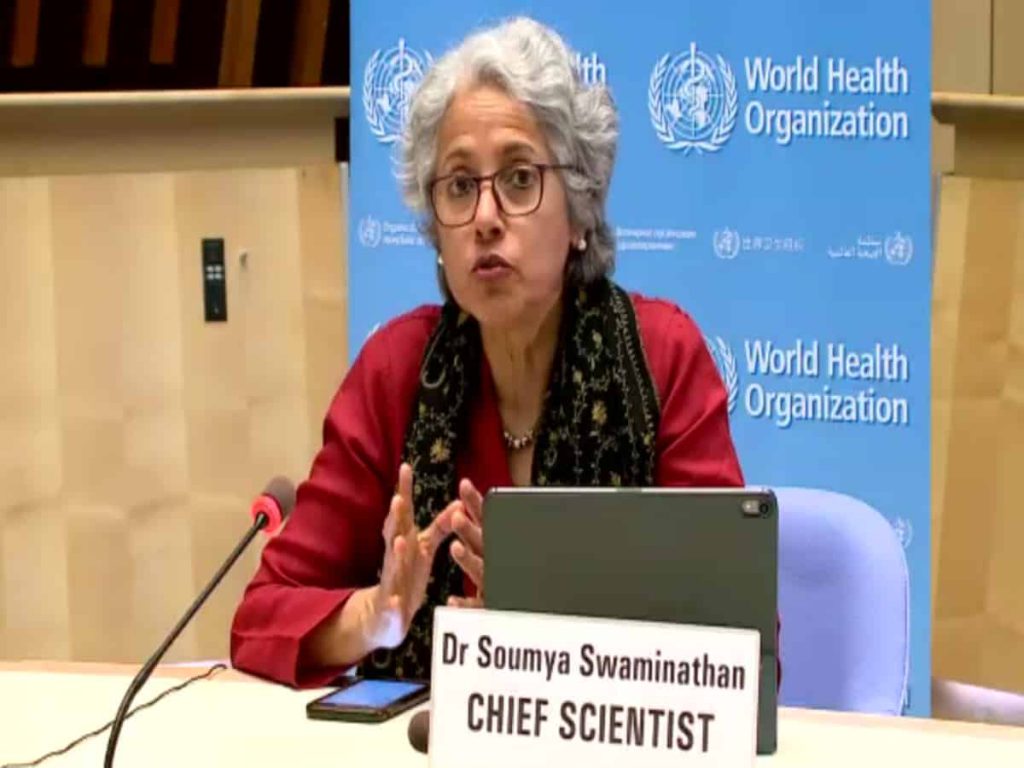Dr. Soumya Swaminathan, the World Health Organization’s chief scientist, warned on Friday that Omicron-related hospitalizations are on the rise across the world, mostly among the unvaccinated. “Though Omicron may cause less severe disease, a small percent of a huge number is still very large and can overwhelm health systems.” Dr Swaminathan said, sounding a warning for nations who are beginning to feel the heat of Omicron. The head scientist praised health professionals, saying vaccine protects against hospitalization and mortality caused by Omicron, Delta, or any other covid variation.
The warning comes as India experiences a sharp spike in the number of daily Covid cases, which is thought to be caused by Omicron. India’s Omicron tally was at 1,270 as of Friday morning, with analysts speculating that Omicron had already begun to replace the Delta variety in the country. According to reports, Omicron is currently present in about 80% of cases in India.
Dr Swaminathan had previously tweeted on the efficacy of vaccines, saying, “T cell immunity fared better against Omicron, as predicted. This will safeguard us from serious illness. If you haven’t been vaccinated, please do so “.. The international organization stated in its most recent epidemiological report that the hazards associated with the Omicron variation are quite high, and that the variant has surpassed Delta in the United States and the United Kingdom.
On Thursday, the Centre noted that India is seeing a dramatic increase that began barely three days ago. The Centre warned states to take extra precautions to prevent the spread of Omicron over the holiday season, but added that there is no need to be alarmed because the country is equipped to handle a spike. According to the health ministry, India’s spike might be part of a worldwide surge fueled by Omicron.
Despite the fact that the number of Covid infections is fast growing, the mortality rate remains steady, according to the health ministry. This might be due to India’s substantial immunization coverage, the new variant’s characteristics, or both. Omicron, which was initially discovered on November 24 in South Africa, is reported to be rapidly spreading over the world. On December 2, the first Omicron instances were discovered in India, and within a month, the variation had spread to over 1,000 persons whose samples had been sequenced. Because not all samples are sent for genome sequencing, many scientists believe the true distribution of the variation is far greater.
